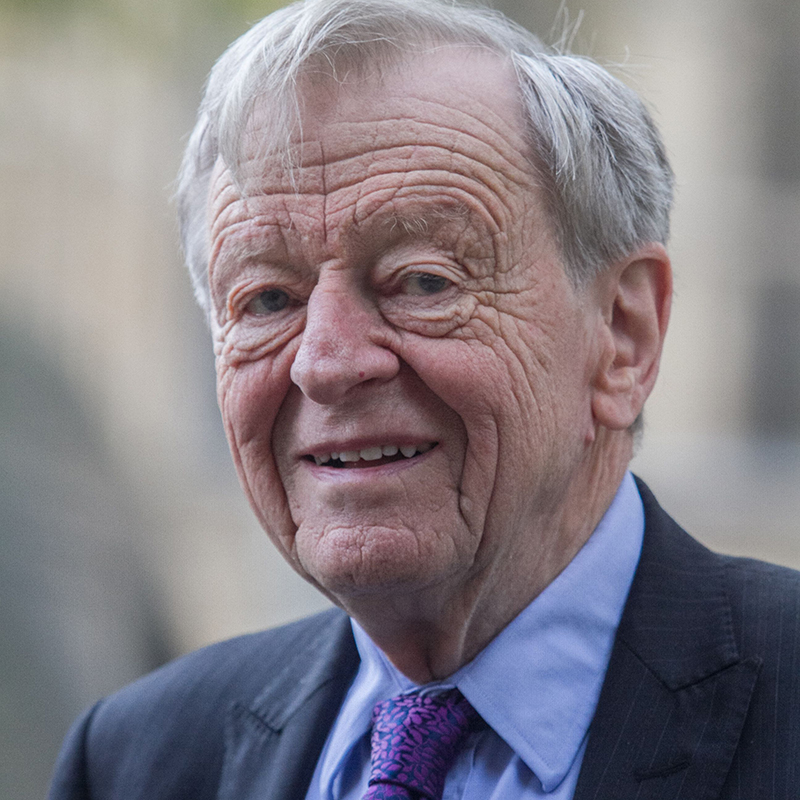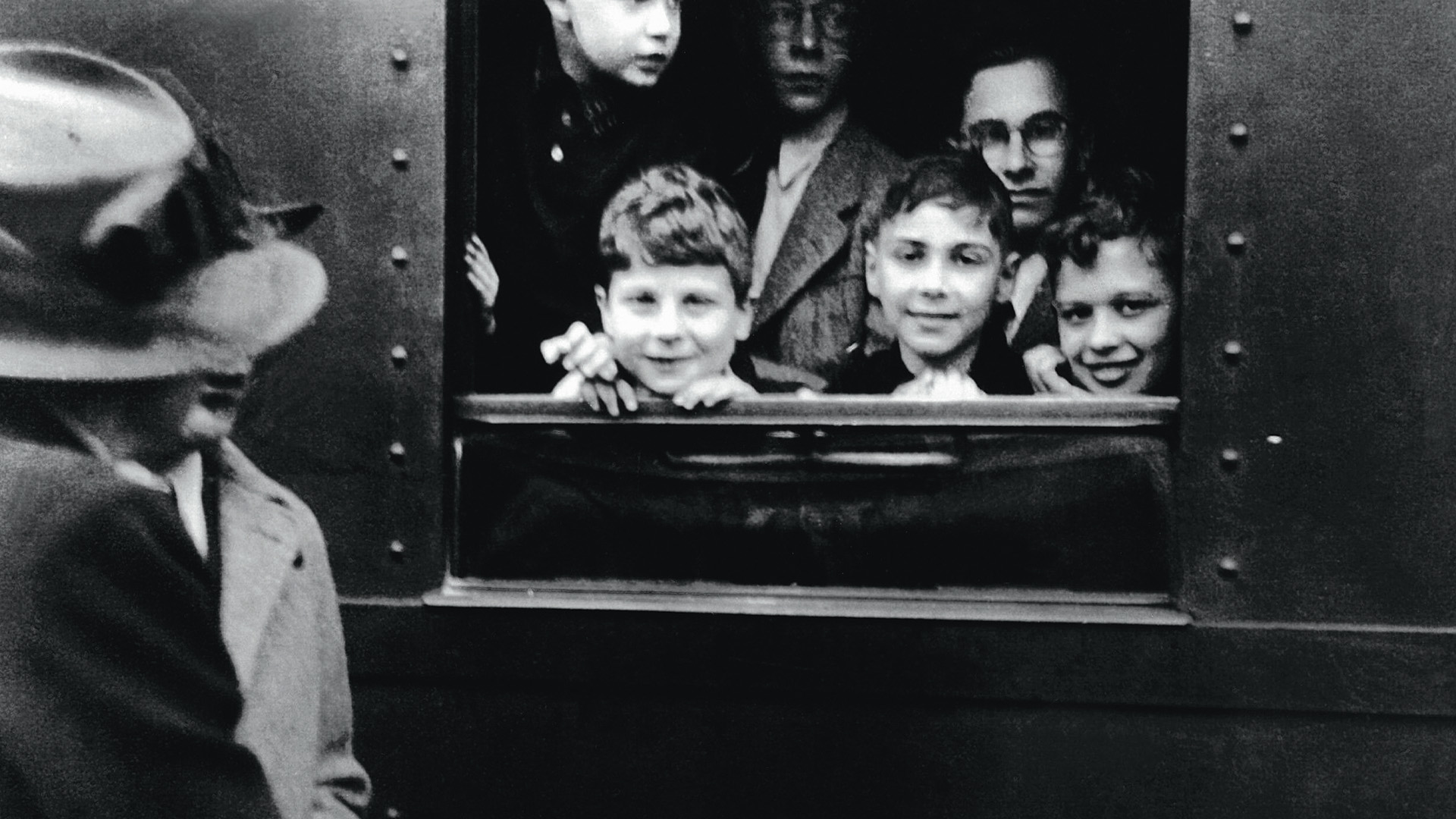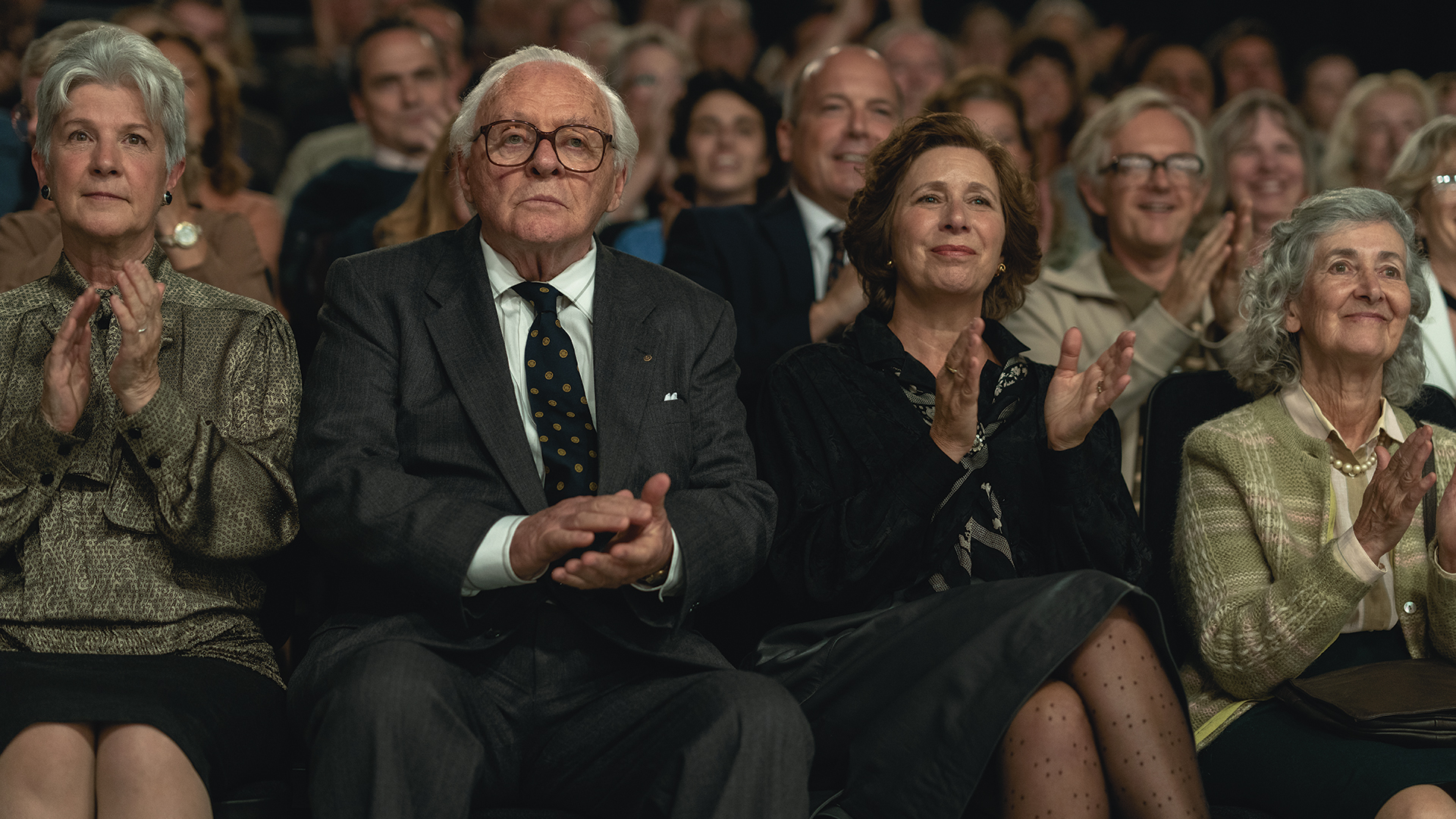
This year marks the 85th anniversary of the last train of the Kindertransport rescue effort that brought 10,000 children, mostly Jewish refugees, to safety in the UK. I was one of them. At six years old, I was one of the youngest and, if I’m honest, I didn’t really understand how perilous my situation was.
However, as she waved me off at Prague station, I’m sure my mother understood only too well.
Although many of us never saw our parents again, we were the lucky ones. Britain saved our lives. And I was luckier than most because somehow my mother also managed to escape and we were reunited in the UK, our new home, where we could rebuild our lives. Many of our relatives perished in the Nazi camps.
Change a Big Issue vendor’s life this Christmas by purchasing a Winter Support Kit. You’ll receive four copies of the magazine and create a brighter future for our vendors through Christmas and beyond
Tragically, the unaccompanied refugee children of today who are fleeing war, persecution or death have no similar routes to safety that could bring them to the UK. The best a child in my situation today could hope for would be to cross the Channel in a small boat after a long, terrifying journey from whichever warzone they had fled, possibly across other seas, deserts and refugee camps, facing violence and exploitation on the way.
Ending safe routes for refugee children was a decision made by the UK government, the most hostile
government towards refugees in my memory. In reply to my question of what safe routes to the UK are available to child refugees and asylum seekers the under-secretary of state said: “There are no provisions in our Immigration Rules to enable someone to travel to the UK to seek asylum or temporary refuge.”










